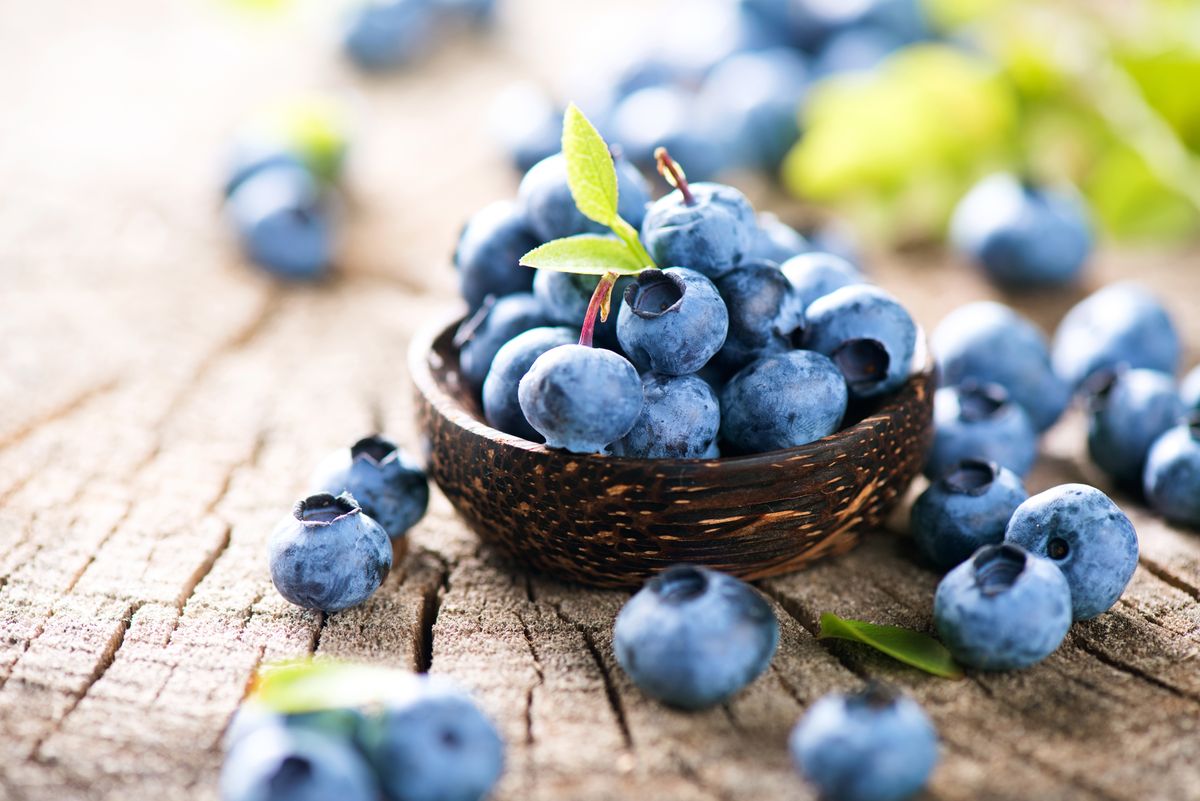Learning, thinking, problem-solving, decision-making—all of these vital functions are encompassed under the umbrella of cognitive function. Surprisingly, around two-thirds of Americans experience cognitive impairment, with an average onset age of 70 years. While age remains the primary risk factor for cognitive decline, other factors like family history, education level, brain injury, physical inactivity, and chronic conditions such as Parkinson's disease, heart disease, stroke, and diabetes can also contribute.
The good news is that your diet can play a significant role in supporting brain health and overall cognitive well-being. Studies have revealed the pivotal role of specific foods in enhancing brain function and memory retention. Low-fat diets and adherence to dietary patterns like the Mediterranean, DASH, and MIND diets have shown promise in protecting against cognitive decline.
If you're keen on maintaining a healthy diet to support your cognitive abilities, look no further than these 9 brain-boosting foods. Each item on this list offers unique cognitive health benefits and, to top it off, is a delightful addition to your meals. So read on and unlock the potential of your mind with these nutrient-packed wonders!
1) Eggs:
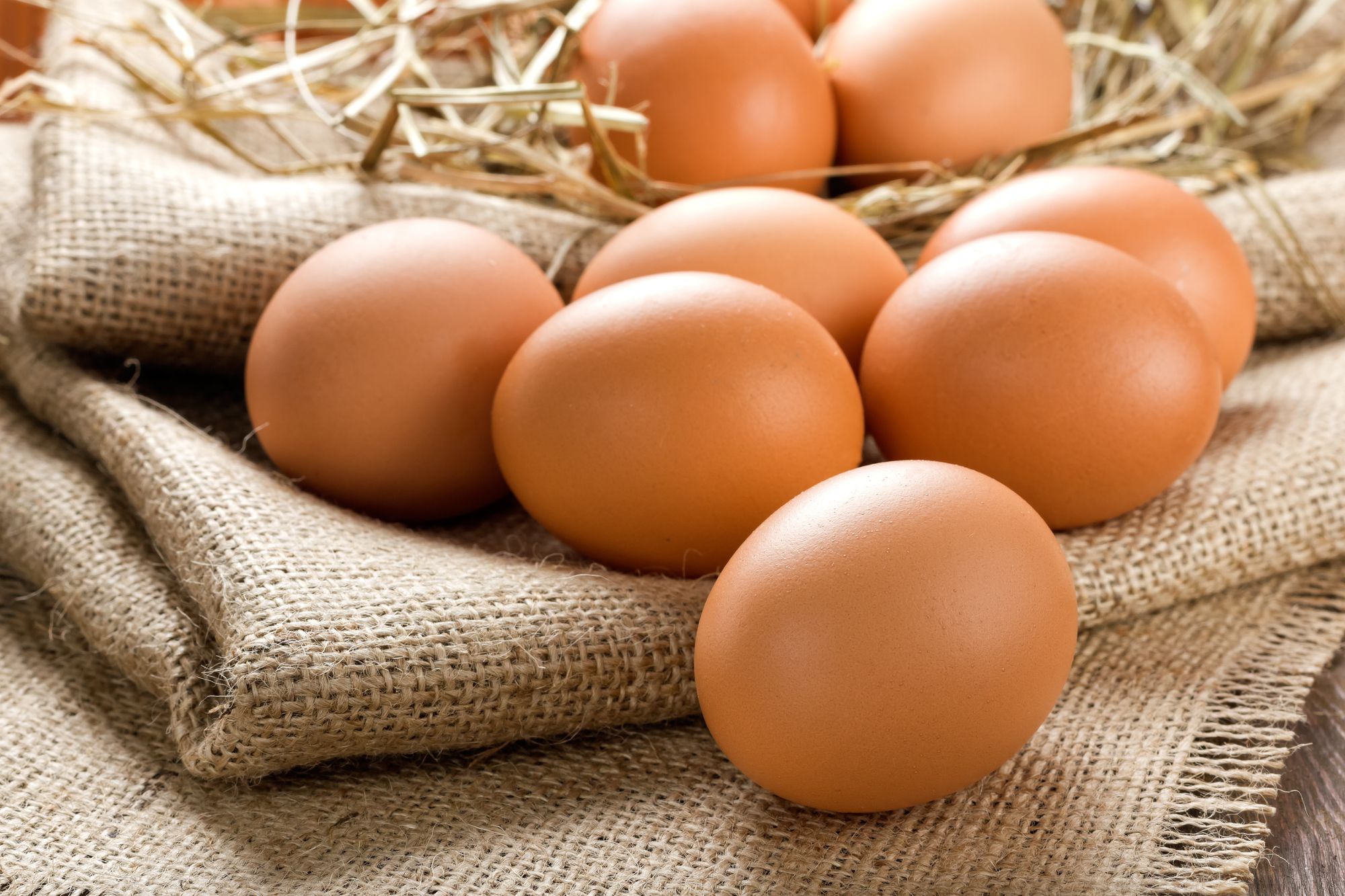
A Powerhouse of Brain-Nourishing Nutrients Eggs are a natural source of several nutrients that support brain health, including choline, lutein, and zeaxanthin. Choline, in particular, is vital for memory, thinking, mood regulation, and overall brain health at every age and stage of life. Shockingly, around 90% of Americans fail to meet the recommended choline intake, and this deficiency tends to worsen with age. Eggs, with their rich choline content, can help bridge this gap and contribute to improved cognitive function.
Lutein and zeaxanthin, typically associated with eye health, have also been linked to cognitive benefits. They accumulate not only in the eyes but also in the brain, positively impacting cognitive function, especially in older adults and children's academic performance. Don't neglect the yolk, as it's where these brain-boosting nutrients reside.
2) Mushrooms:
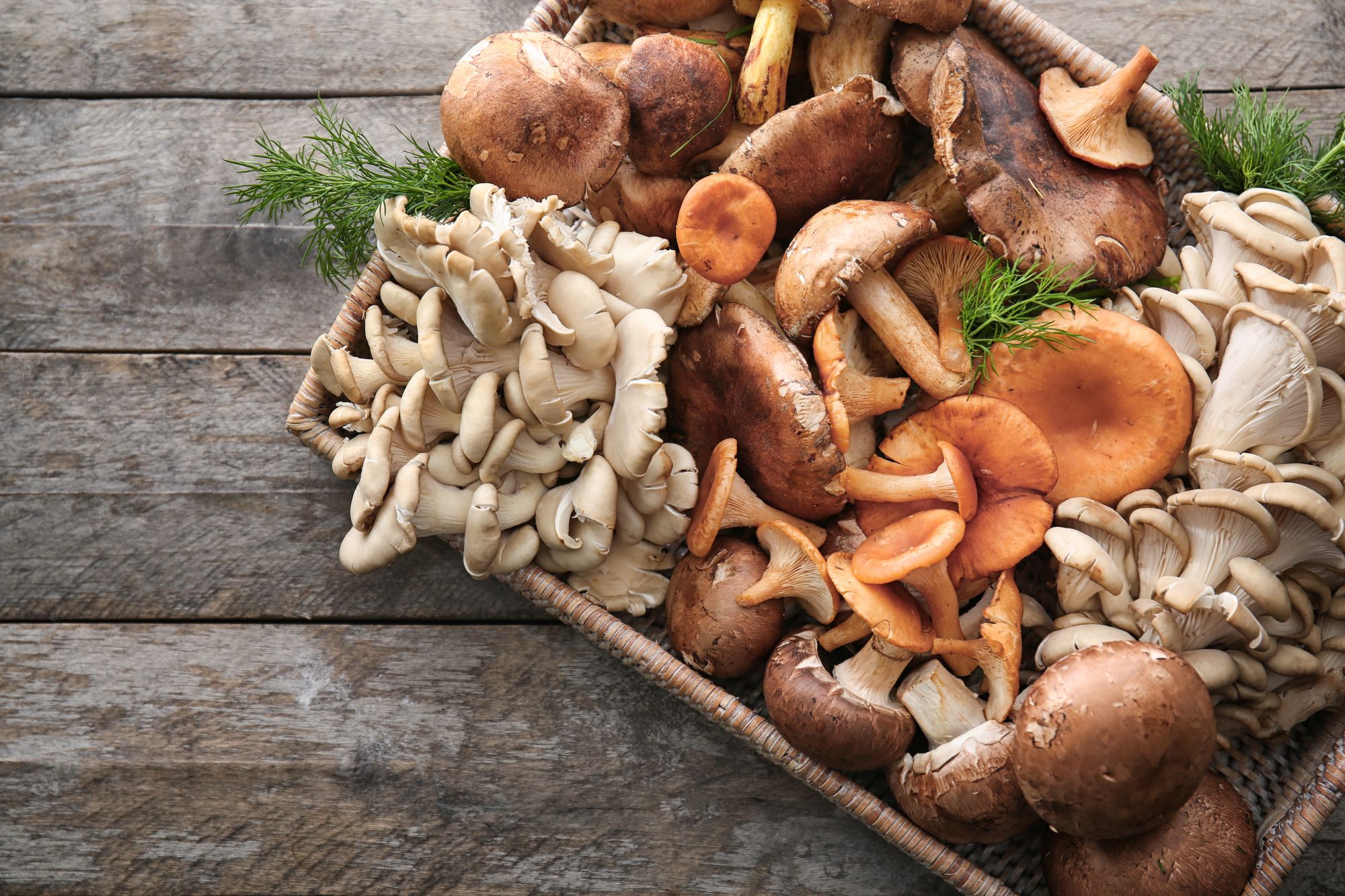
A "Longevity Vitamin" for Brain Health Mushrooms, beyond being a tasty addition to various dishes, are a potent source of ergothioneine—an amino acid functioning as an antioxidant with anti-inflammatory properties. Research positions ergothioneine as a "longevity vitamin," suggesting its potential to contribute to healthy aging and cognitive benefits. Shiitake, oyster, and maitake mushrooms have the highest concentrations of ergothioneine among mushroom varieties.
3) Walnuts:
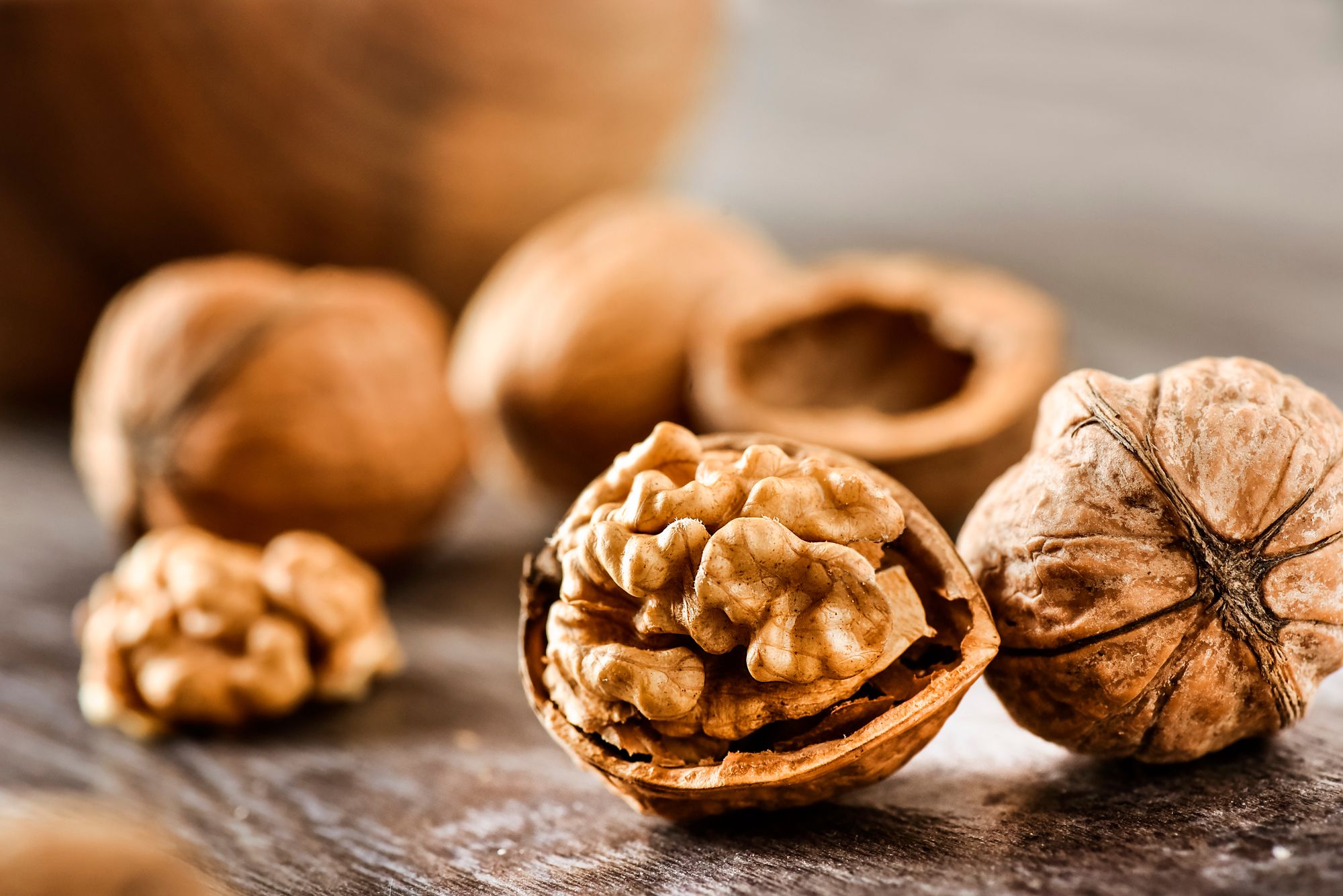
Fuel Your Brain with Healthy Fats Walnuts stand out as the only tree nuts rich in ALA omega-3 fatty acids, making them excellent brain foods. Omega-3s are known for their role in combating oxidative stress and inflammation, both factors contributing to cognitive decline. The Walnuts And Healthy Aging study supports the idea that regular walnut consumption might delay cognitive decline, especially in individuals at higher risk.
4) Wild Blueberries:
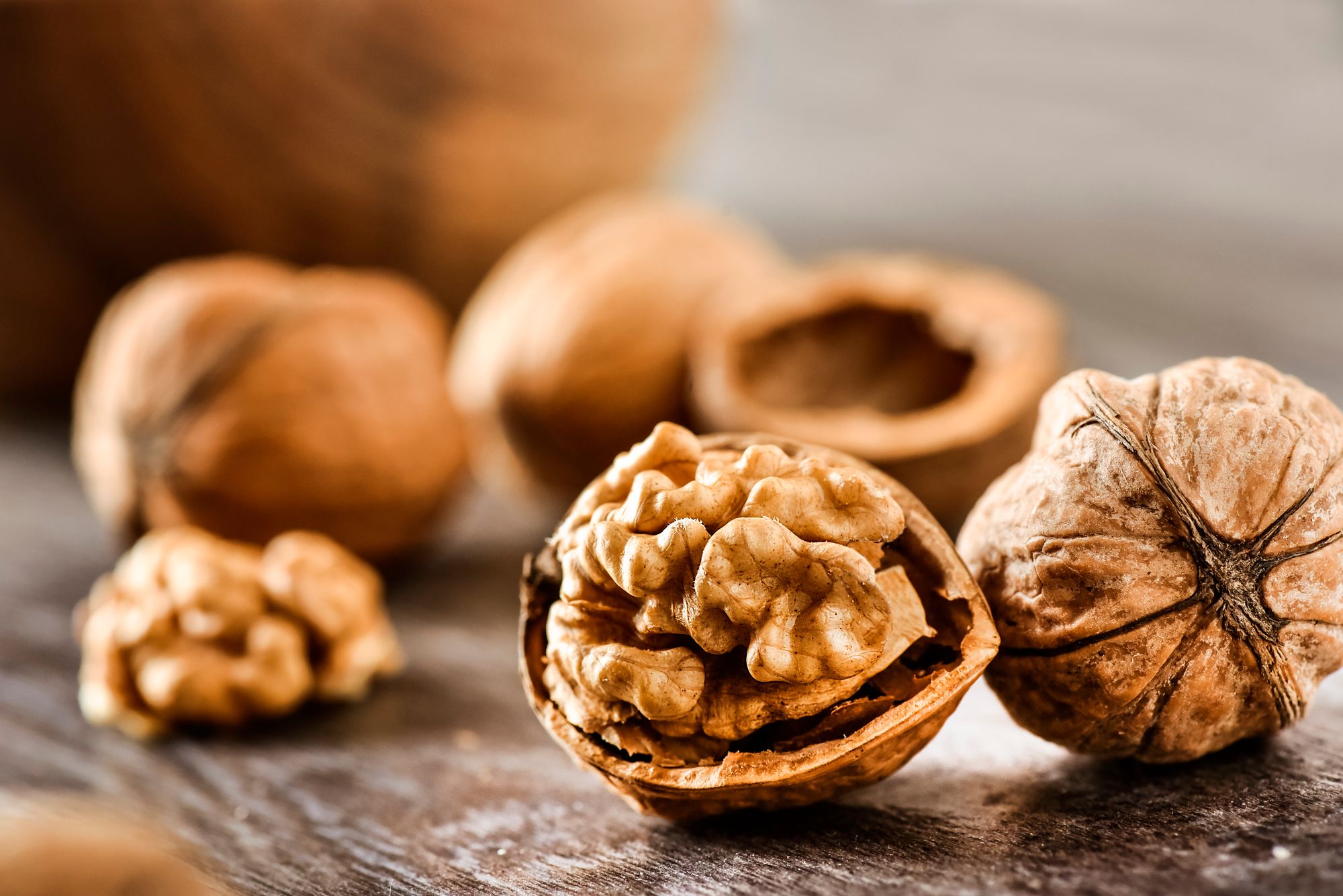
Accelerate Cognitive Processing Speed While all blueberries provide essential nutrients for brain health, wild blueberries, in particular, have been associated with faster cognitive processing speeds in older adults. Studies involving wild blueberry powder consumption over six months revealed improved processing speed, with the most prominent benefits observed in those aged 75-80.
5) True Tea:
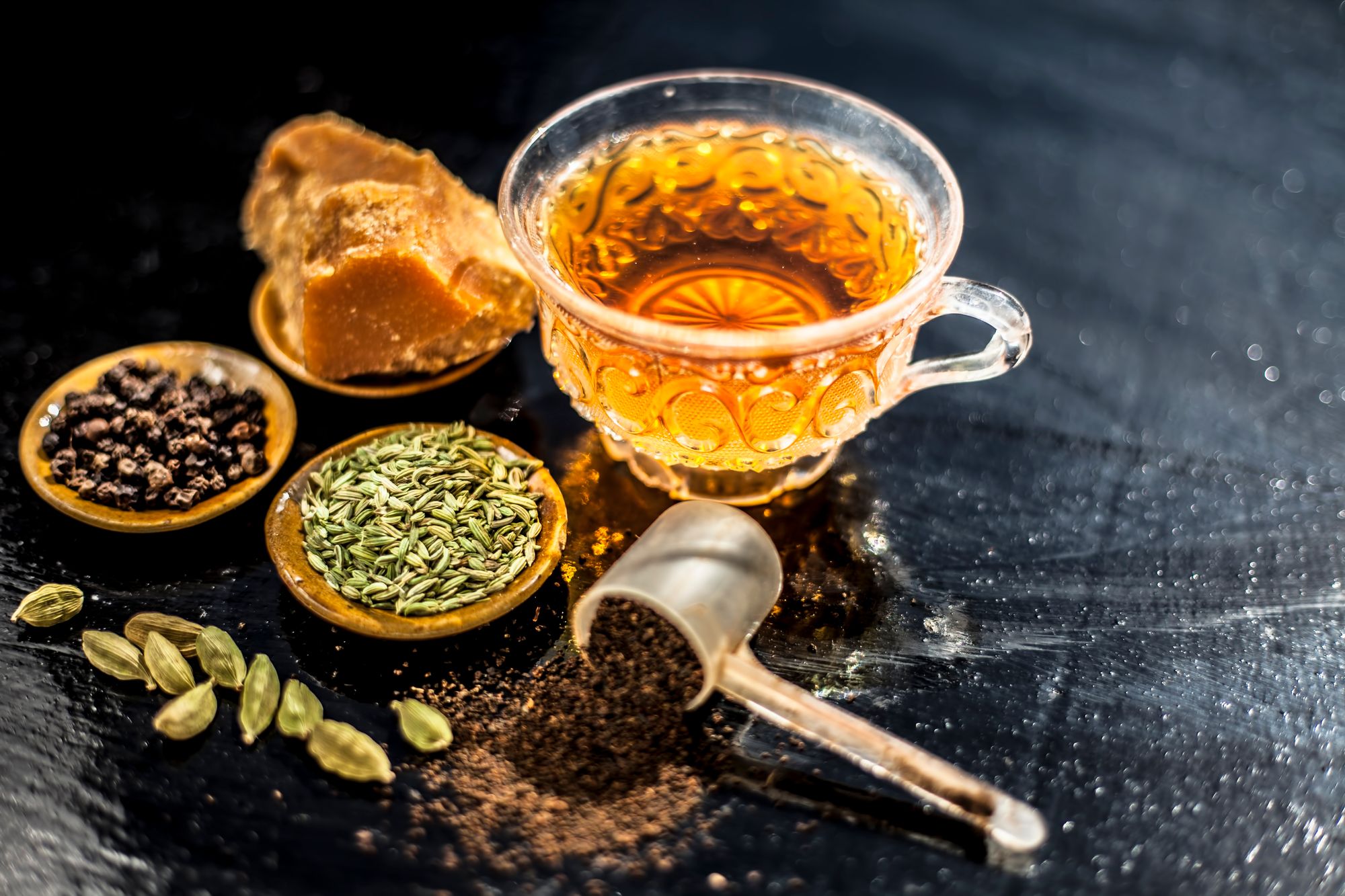
Protect Against Cognitive Disorders True teas—black, oolong, green, and white teas—have been linked to a reduced risk of cognitive impairment and dementia. High tea intake, even as little as less than half a cup daily, has shown a 6% reduced risk of cognitive disorders. Consuming just over two cups a day can result in an impressive 29% reduced risk.
6) Salmon:
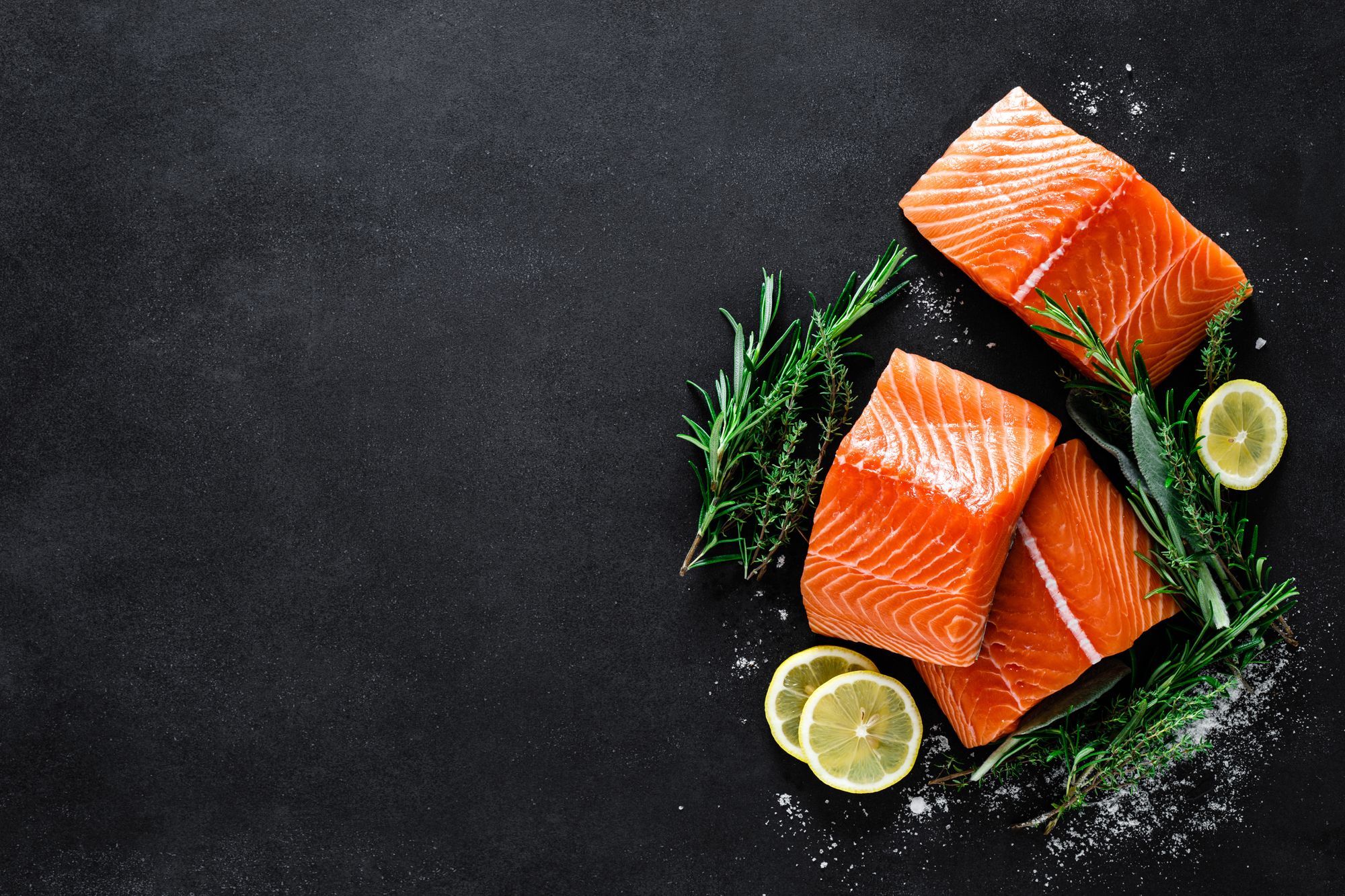
The Brain's Favorite Omega-3 Source Salmon, a fatty coldwater fish, is packed with the omega-3 polyunsaturated fatty acid docosahexaenoic acid (DHA). DHA is crucial for adequate brain development and optimal cognitive function. This unique fat is highly concentrated in the brain and plays a significant role in its functioning. Additionally, salmon provides essential nutrients like protein, selenium, choline, and iodine—all contributing to brain health.
7) Oranges:
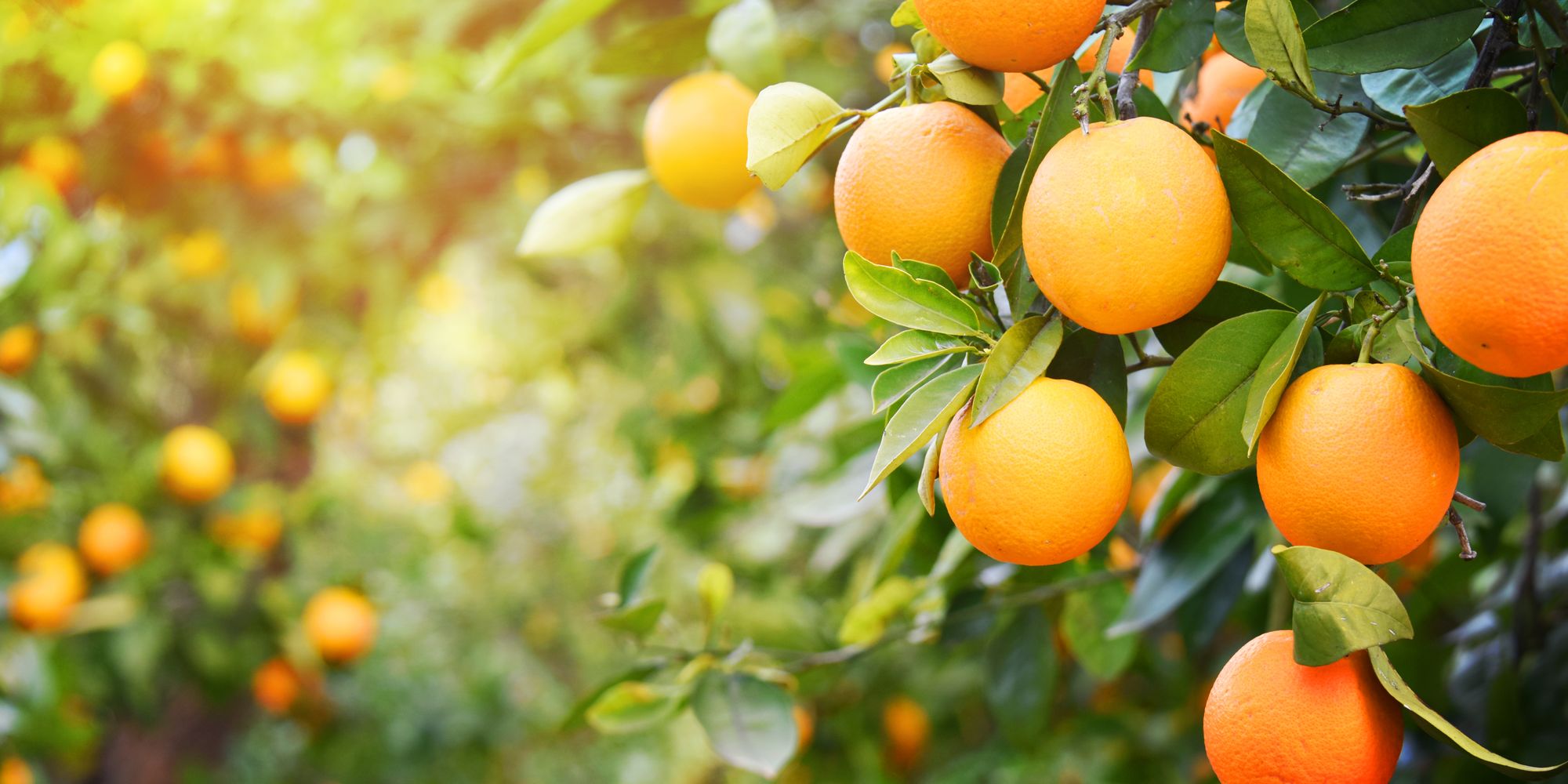
Nutrient-Rich Support for Your Brain Oranges are a nutritional powerhouse, offering various nutrients and plant compounds beneficial for cognitive health. Vitamin C, thiamin, vitamin B6, and hesperidin are some of the valuable components that may positively impact brain function. Studies involving orange juice consumption have shown better performance on cognitive tests in healthy older adults.
8) Green Leafy Vegetables:
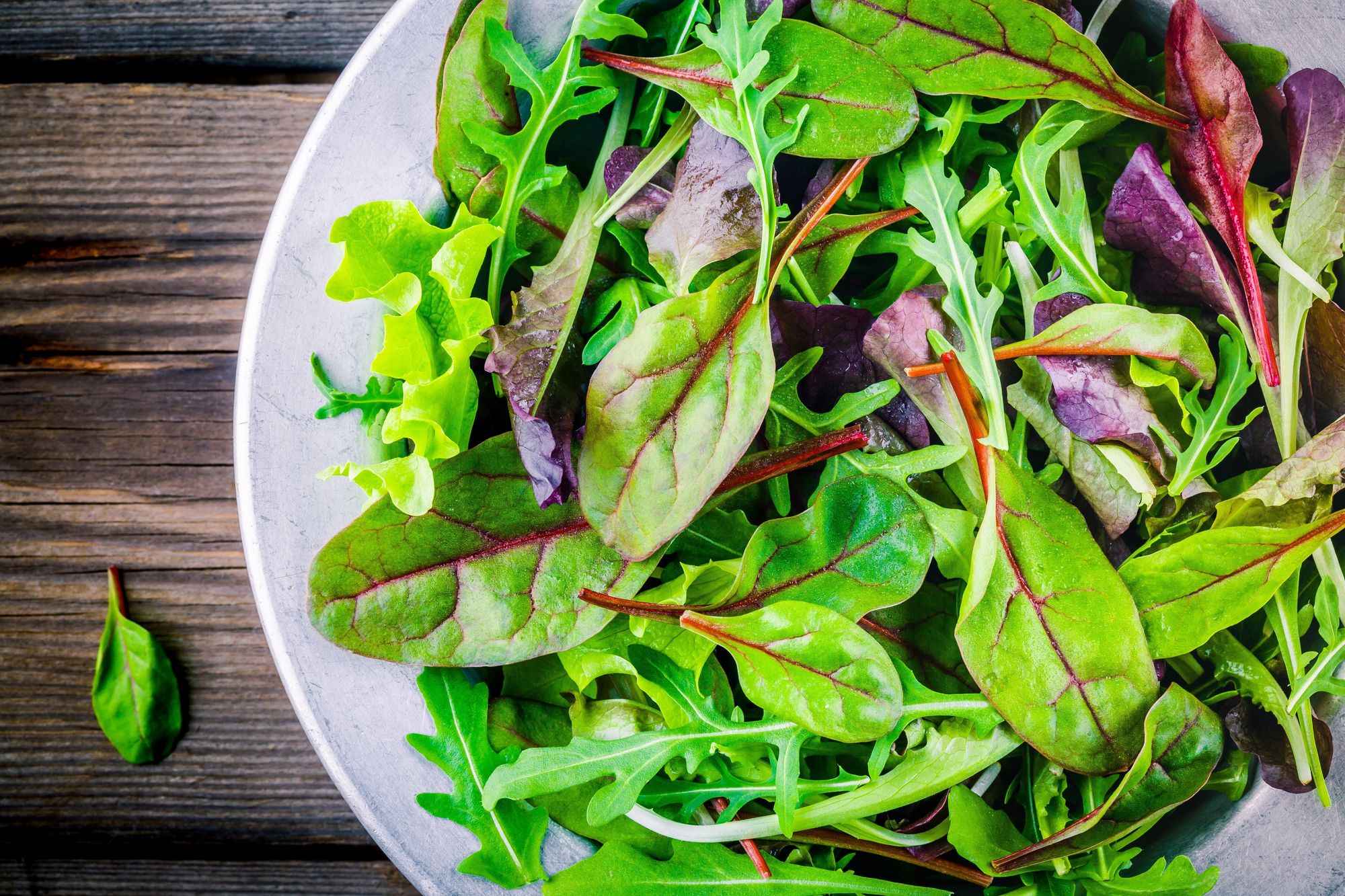
Slow Cognitive Decline Green leafy vegetables, such as watercress and spinach, have been associated with slowing cognitive decline, particularly in the aging population. These vegetables are rich in nutrients like lutein, folate, and beta-carotene, all of which play a crucial role in supporting brain health.
9) Watermelon:
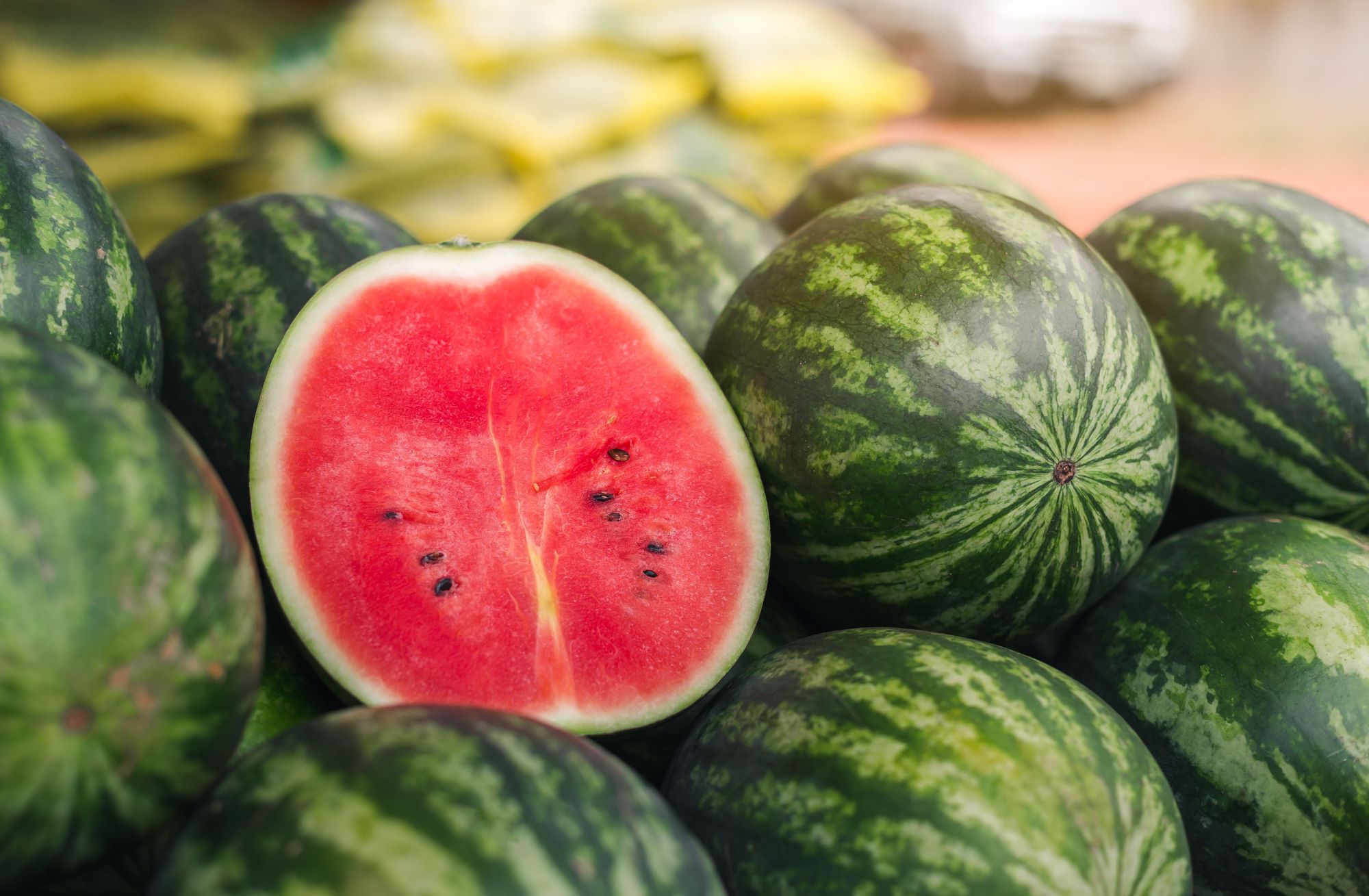
A Neuroprotective Fruit Red and pink-fleshed watermelon contains lycopene—an antioxidant and anti-inflammatory compound with neuroprotective properties. Studies indicate a positive relationship between lycopene consumption and maintaining cognitive function, while lower circulating lycopene levels are associated with higher rates of Alzheimer's disease mortality. The yellow and orange watermelon varieties are also beneficial, with yellow watermelon being a richer source of beta-carotene—a nutrient linked to positive effects on cognitive decline in older adults.

